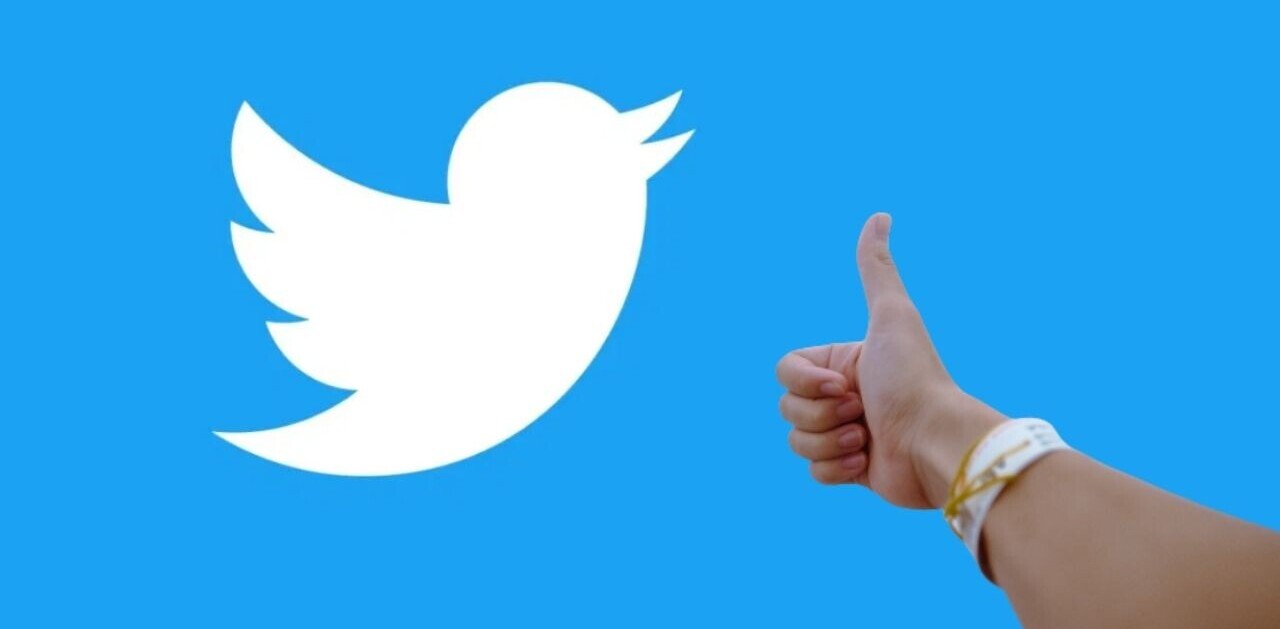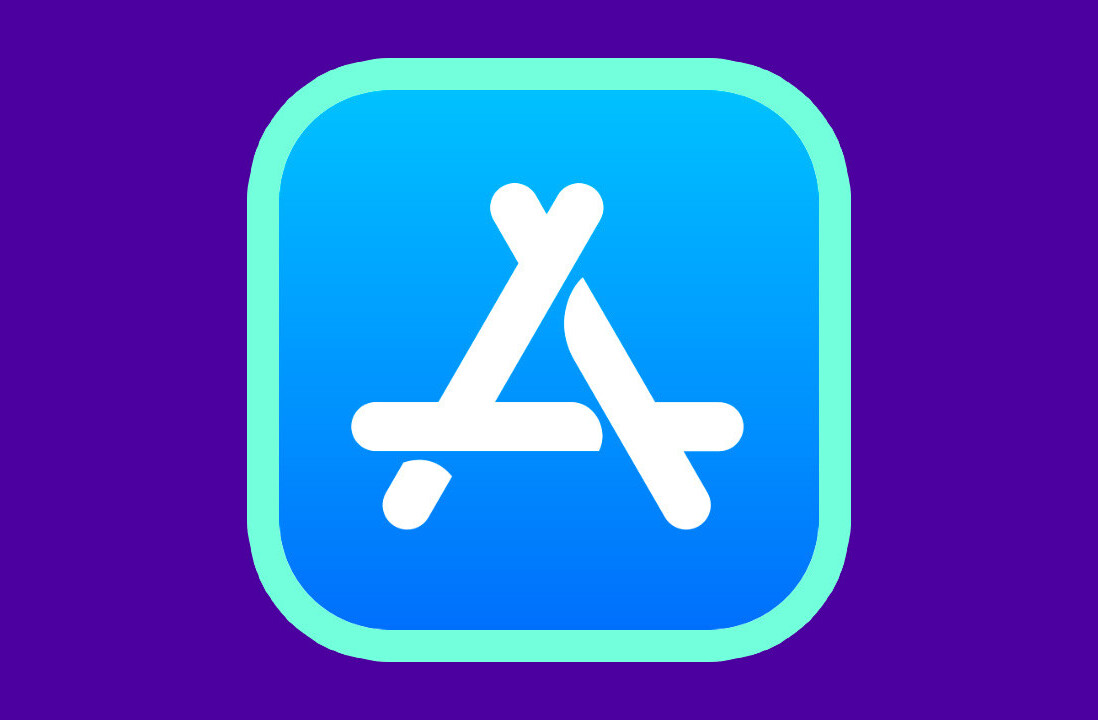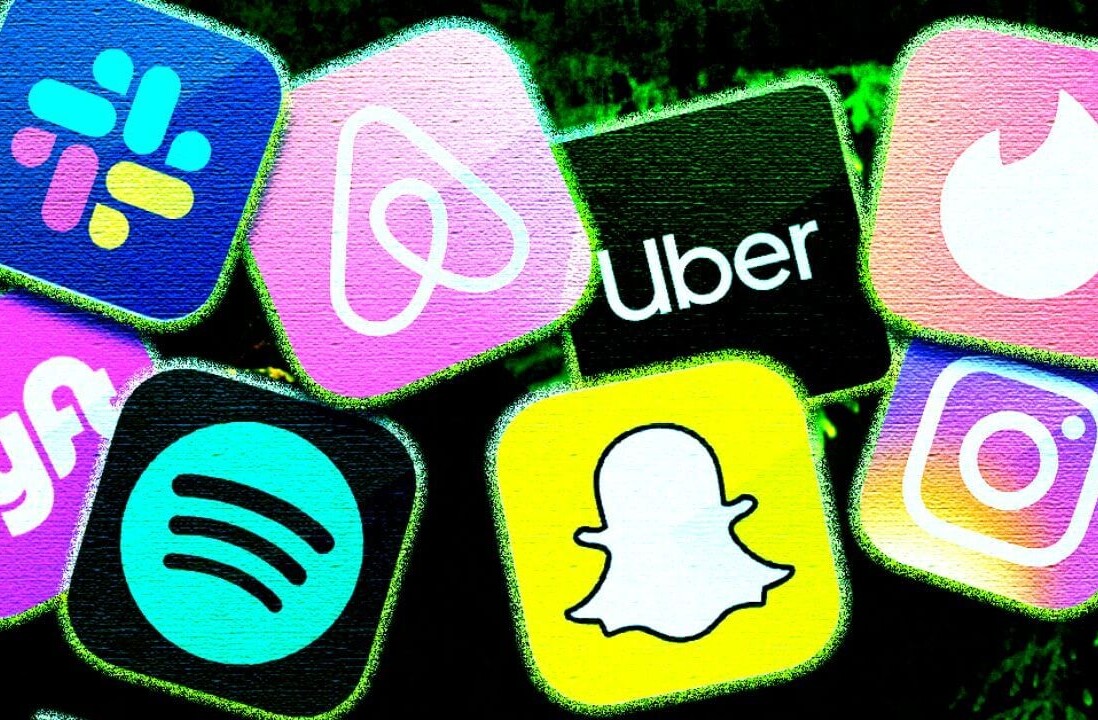
With the rise of cheap DNA sequencing comes the swelling group of start-ups who claim to be able to use your DNA to create a better life for you — and they’re perfectly willing to take your money to prove it.
In an article for BackChannel, Alexandra Osola writes about the rise of DNA fitness apps and companies who want to use information gleaned from your genes to create personalized diets and exercise plans. As she points out, each of the companies picks and chooses which part of your DNA might lead to better health. This gene could mean you have trouble building muscle, while that one could mean you’re at risk for diabetes.
Trouble is, it’s nowhere near that simple. A paper published in Science magazine in 2007 titled “The Science and Business of Genetic Ancestry Testing” explained that the these tests should always be approached with caution because:
(i) the tests can have a profound impact on individuals and communities, (ii) the assumptions and limitations of these tests make them less informative than many realize, and (iii) commercialization has led to misleading practices that reinforce misconceptions.
While it might sound innocuous for DNA health programs to offer some kind of personalized health tips based on tenuous data, the amount spent on this information is a little more painful: DNAfit charges $449 for the complete diet and fitness package, and promises “No more one size fits all training plans, no more cookie-cutter diets.” FitnessGenes‘ plans start with an analysis and 4-week plan for $229. Helix offers everything from “personalized fitness plans to family planning resources and even wine tasting recommendations” with its $150 DNA test.
That’s a lot of money for something that doesn’t offer much in the way of proven insight. As anthropologist Jonathan Marks, one of the authors of the above paper puts it, “That’s the beauty of this scam. The companies aren’t scamming you. They’re not giving you fraudulent information. They are giving you data, real data, and allowing you to scam yourself.”
Get the TNW newsletter
Get the most important tech news in your inbox each week.




